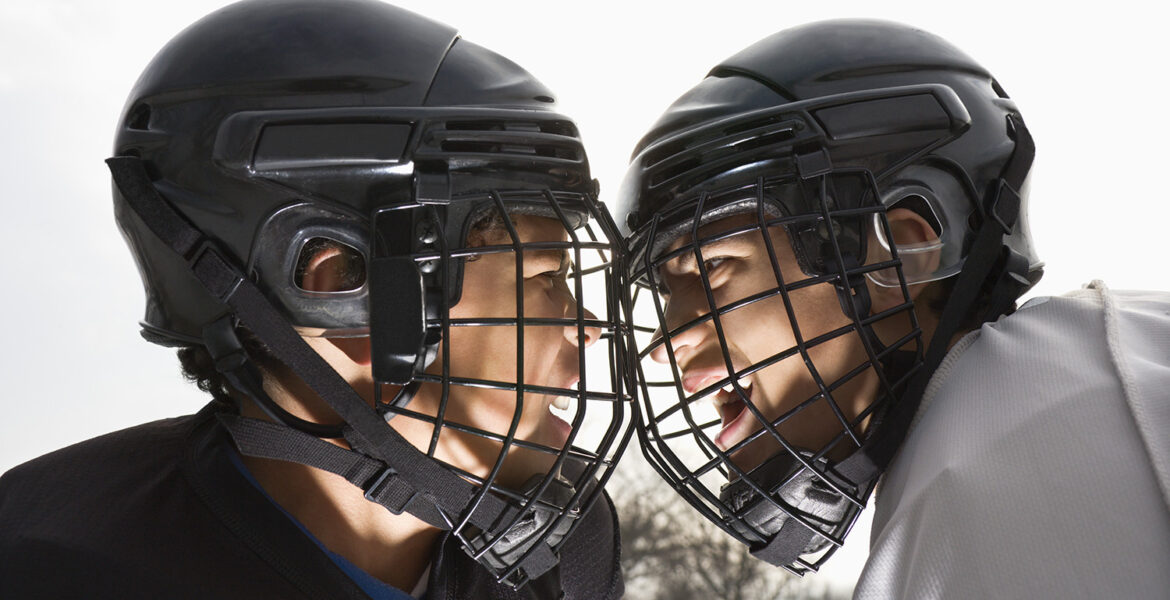A few years back, my daughter played on a rep hockey team for the first time. She quickly made new friends, learned a lot and steadily improved over the season. Was she the best on the team? Not by a long shot. But she had a great season, scored some goals and really enjoyed herself.
However, I can’t say the same for every member of the team. There was one outstanding player who dominated the ice. Her skills were far beyond most of her teammates. The kid was amazing for her age.
However one thing I was careful not to do was to compare my daughter’s skills to that of the team superstar. My daughter flipped back and forth between admiration for her peer to just plain jealousy. All the girls did. You would hear murmurings from parents … ”Do it like Sam” (not her real name). “See how Sam does it?” “If you practiced like Sam ….”
I can tell you that not one kid on the team was motivated to “be like Sam” because they did not like being compared to their peer. Instead all those comparisons ended up brewing resentment for the girl who had skills above the curve. Slowly, throughout the season, the team started to avoid Sam and you could see the divide. The girls did not want to be friends with her and you could see that even though Sam was the best player on the team, she really wasn’t part of it. By the end of the season, the girls just ignored her and Sam was miserable.
Was it Sam’s fault? Not at all. But I can understand why it happened.
Kids like to be praised for their own accomplishments. Even if the task is small, like getting a shot on net or making it around all the pylons without losing the puck, a child who has achieved this through their own effort is proud of themselves. The prize is a sense of accomplishment and when reinforced by Mom and Dad recognizing that effort, it provides motivation to keep improving.
However when that same parent says something like “you skated hard just like Sam, that’s why you got that shot”, the parent has now robbed the child of self-accomplishment. In the child’s eyes, they only see Sam being praised.
Unfortunately, this happens often in kids sports. Continuously comparing a child to their peers, may eventually turn the child off the sport completely. So how can you point out a skill that you want your child to emulate without comparing?
- Recognize when they do something right. Then compare subsequent efforts to that “great move”. In other words, compare them to themselves. The child knows they can do it. They have proof and they are only be competing against themselves to get better.
- Point out how a professional that they admire does a skill. The child knows that they aren’t expected to be as good as Mitch Marner or Hayley Wickenheiser. Remind them that it took the pro years to get the skill.
- Praise the attempt. Even if they are aren’t getting the skill right, recognize the effort they put forth. Tell them how proud you are they the are trying their best.
- Celebrate the accomplishments achieved after much effort. Use words like “I know how hard worked so hard to get this. I’m so proud of you.” Focus on the effort they put in, not on how they look compared to a peer.
A final word. After a game, let your child share their game story with you. They know what they did well and what they need to work on without you telling them. They already compare themselves to their peers, so remind them that everyone on the team has a something to bring. If they are bringing their best then that’s all that matters.

